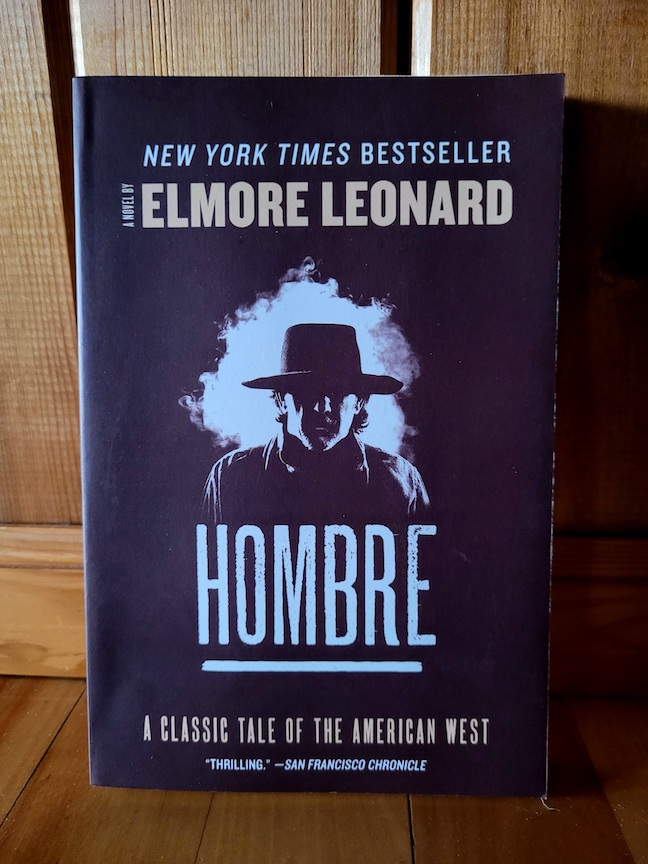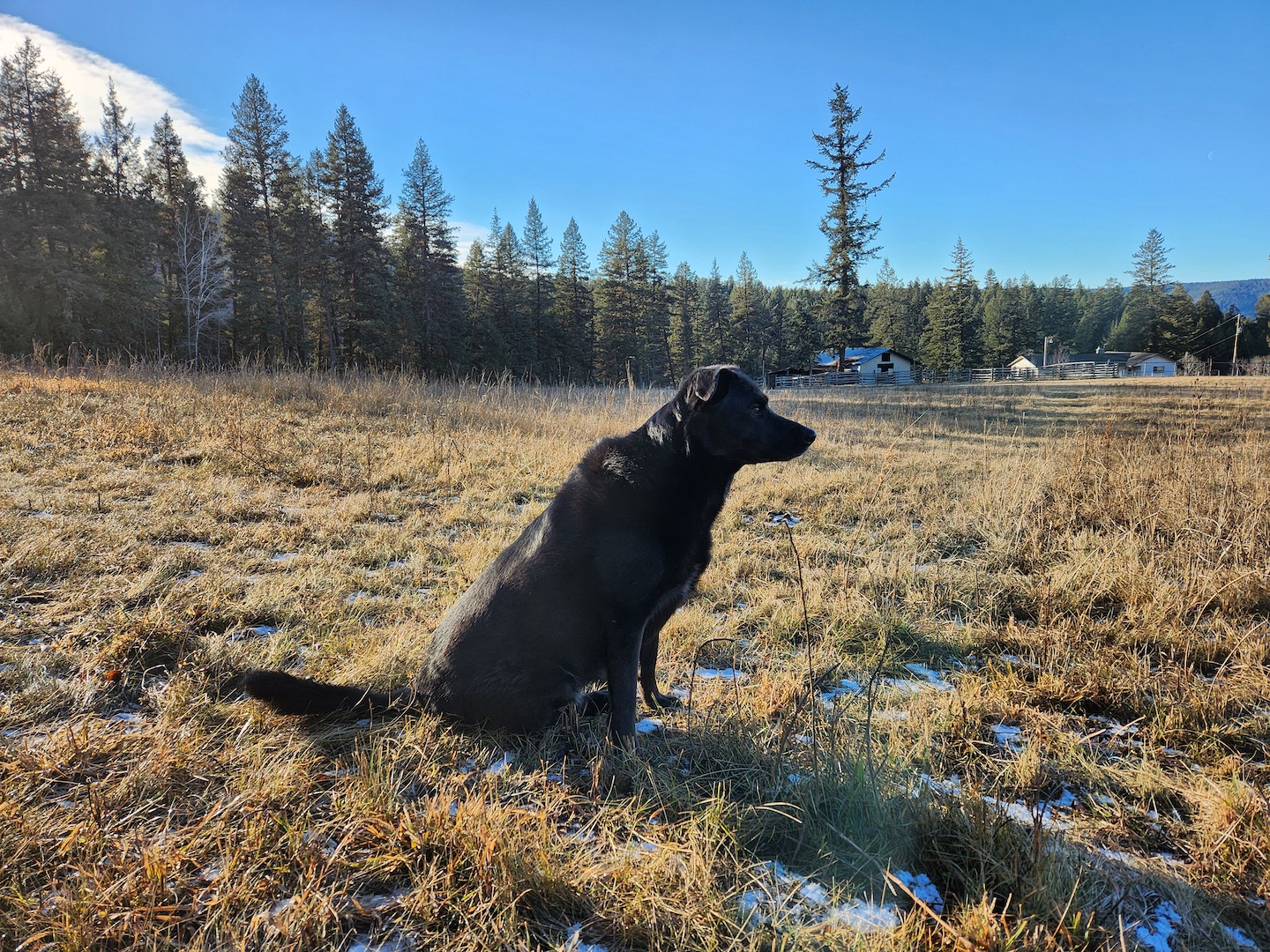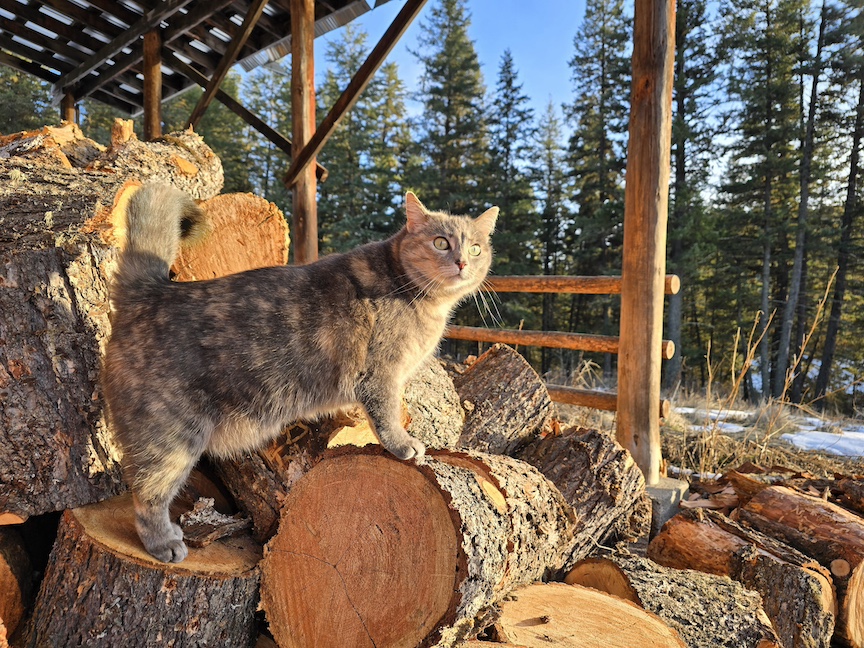Author: Elmore Leonard
Published: 1961
Mood: If you like your Western fiction flat and uninspired like a tranquilizer dart to the neck.
Hombre put me to sleep every night for almost two weeks. Every time I picked it up, I fell asleep after reading just a couple of pages.
Then I started to get annoyed with myself for wasting two full weeks on a such a short book, and committed to plowing through the rest in three days. Thinking back on it now, to write this review, is making me sleepy all over again.
This is an extremely dull book on most levels. Most – not all. I’m not going to recommend reading it, so you’re welcome to stop right here and carry on with your life.

Hombre is the story of an unlikely and incompatible group of passengers on a stagecoach that gets robbed. They have to try to survive, and outlast the robbers as both sides run out of food and water.
That sounds exciting – it’s not. The perspective is that of a young man who is some kind of assistant to the stage company owner. He was witness to the events before, during, and after the robbery, and he’s telling his account in a style like he’s talking to a newspaper reporter or sheriff.
You get flat, matter-of-fact dialogue, which Robert B. Parker made work wonderfully in Appaloosa but is just kind of lifeless in Hombre. Parker’s characters didn’t use many words, but the conversations were sharp and engaging, with ample passages of good storytelling between. There’s none of that here.
Hombre is also light on descriptions of the scenery. The young man carefully describes how people acted, the motions they took to do things, again, like he’s going on record about how the events went down. But there’s not much to set the rest of the scene.
At the end, the purpose of the narrative becomes clear: the man called Hombre, who was raised by the Apache people and lives as Apache, seemed cold and selfish but was actually a better person inside than everyone else. The people on the stage were guilty of judging a book by its cover, and also racist. The young man wants to correct all the versions of the story going around.
It’s a good point, don’t get me wrong. Hombre aka John Russell is the only remotely interesting character anyway, other than the young woman who survived being kidnapped by Apaches.
Yeah, that’s right – there’s a young woman with good reason to have lots of tension with a man she perceives to be like her kidnappers. But she’s a strong-willed gal who has tension with half of the other characters, so that arc is just one of many that barely spark and then go nowhere – until the last couple of chapters, when you’re already too bored to care.
There IS a lot of action in the final chapters. The second half of the book is a standoff, and it would probably translate well to the screen. Hombre did get made into a 1967 Paul Newman Western.
Actually, and I feel weird saying this, the whole thing would be better as a movie. You’d get to SEE the action, scenery, and people instead of reading about them from the young man’s narrow perspective.
![]()
I ordered Hombre while seeking well-known Western paperback authors that WEREN’T Louis L’Amour. I’d just finished all 17 volumes of The Sacketts series, and was more than ready for a fresh voice, but still in a skinny little book that asked nothing of my brain.
I remembered seeing Elmore Leonard among the Westerns in my past life working at a library, and I enjoyed his mysteries like Get Shorty and Cuba Libre. Leonard also wrote 3:10 to Yuma and Last Stand at Sabre River, both of which were made into awesome movies. I have no f*cking idea why I didn’t pick one of those books instead.
Hombre is better than L’Amour’s worst Sackett novels, but it’s still basically a paperback tranquilizer. It would be good high school learning material, like maybe a mandatory read for eighth grade English. That’s about it.


